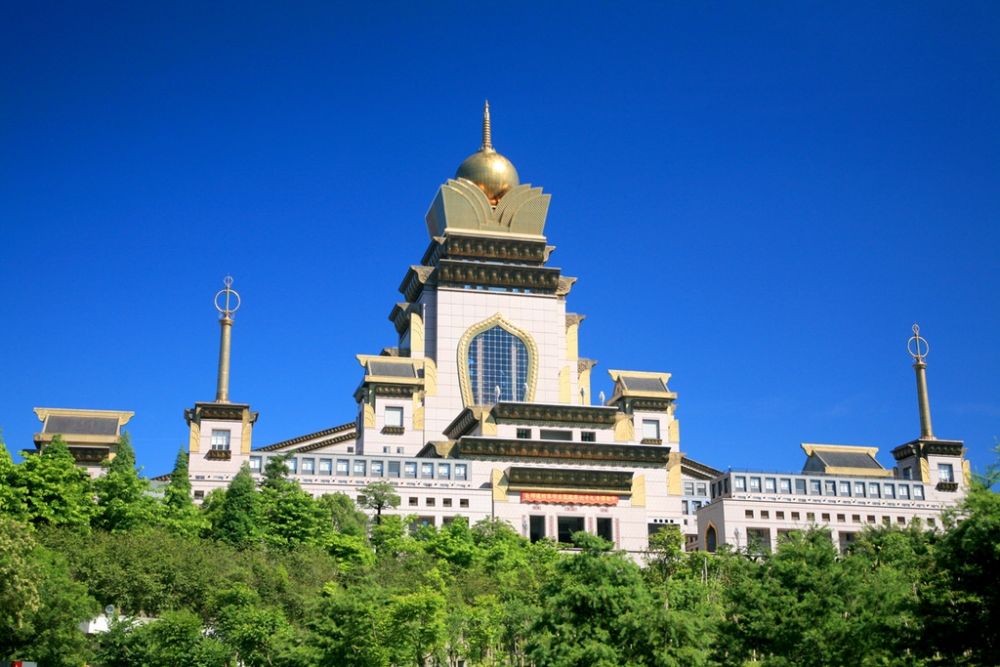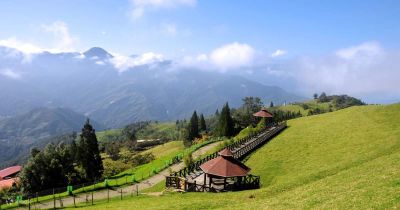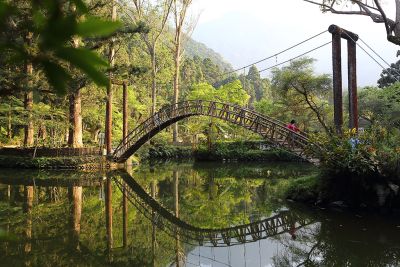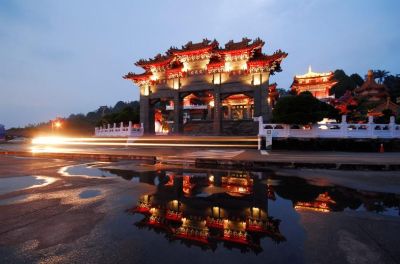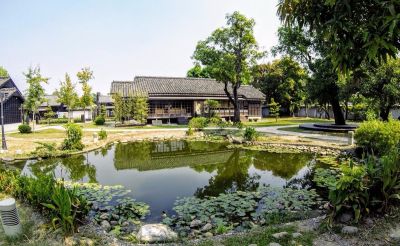Chung Tai Chan Monastery, Nantou, Taiwan - Tourism History
The Chung Tai Chan Monastery in Nantou is one of Taiwan’s most significant Buddhist centers, acclaimed for its magnificent architectural design and cultural relevance. Established in 2001 under the guidance of the Venerable Master Wei Chueh, the monastery serves as a place for religious practice and spiritual education, but it has also grown into an important tourist destination in Taiwan.
Early Developments in Tourism
Upon its establishment, Chung Tai Chan Monastery quickly garnered attention due to its grand stature and the teachings of Chan Buddhism it offers. Initially attracting devotees and those interested in Buddhist philosophy, the site soon began to draw tourists who were captivated by its splendid architecture, adorned with traditional Chinese elements and equipped with modern facilities.
Rise in Popularity
The monastery's rise in popularity can be credited to the interest in cultural and religious tourism. Visitors are often struck by the 108-meter-high Main Buddha Hall, which is one of the tallest in the world. The monastery complex also features art galleries, a library, and meticulously landscaped gardens that contribute to the overall experience of peace and tranquility.
A Cultural Hotspot
Chung Tai Chan Monastery’s fame as a cultural hotspot is partially due to the various workshops and cultural events it offers, such as meditation retreats, calligraphy classes, and Buddhist lectures, attracting visitors seeking personal growth and cultural exchange.
Integration with Ecotourism
With a growing emphasis on sustainable tourism, the monastery has aligned itself with ecotourism practices. Set within the mountainous region of Nantou, the area surrounding the monastery provides a habitat for local flora and fauna, allowing for environmentally conscious tours that promote awareness and education about local ecosystems.
Latest Tourism Trend
In recent years, there has been an increasing trend towards health and wellness tourism in which destinations like Chung Tai Chan Monastery play a crucial role. The serene environment and spiritual teachings of the monastery provide a refuge for those seeking mental and physical well-being. Mindfulness programs and wellness retreats offered here are becoming a significant lure for modern tourists.
Impact of the COVID-19 Pandemic
Like many tourist attractions worldwide, Chung Tai Chan Monastery faced challenges during the COVID-19 pandemic, with travel restrictions leading to a decrease in visitor numbers. However, the monastery adapted by enhancing its online presence, offering virtual tours and online teachings, thus maintaining engagement with a global audience interested in Chan Buddhism and mindfulness practices.
Conclusion
The Chung Tai Chan Monastery continues to be a notable destination for those interested in spiritual growth, cultural experiences, and nature. Whether as a tranquil retreat or an educational excursion, the monastery remains an integral part of Taiwan’s tourism industry, adapting to new trends and global changes while preserving its sacred traditions.
